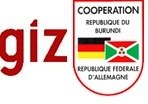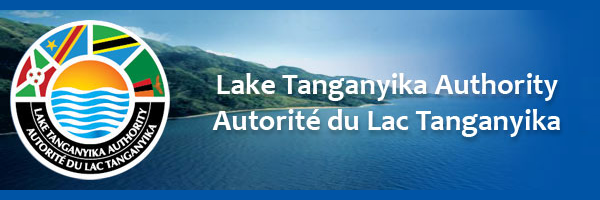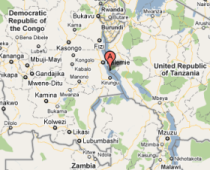Burundi industrialists called to contribute to protecting water resources
 BUJUMBURA, 24th July (ABP) – Burundian industrialists were called this Tuesday to contribute to protecting water resources mainly Lake Tanganyika, as well as safeguarding its biodiversity. It was during a discussion workshop on the main provisions of the water code in Burundi that was organised by the Ministry of Water, Environment, Land and Urban Planning, in partnership with the Sectoral Programme Water and Sanitation of the Federal German Republic. The workshop was organised for industrialists and managers of hotels implemented along Lake Tanganyika coast.
BUJUMBURA, 24th July (ABP) – Burundian industrialists were called this Tuesday to contribute to protecting water resources mainly Lake Tanganyika, as well as safeguarding its biodiversity. It was during a discussion workshop on the main provisions of the water code in Burundi that was organised by the Ministry of Water, Environment, Land and Urban Planning, in partnership with the Sectoral Programme Water and Sanitation of the Federal German Republic. The workshop was organised for industrialists and managers of hotels implemented along Lake Tanganyika coast.
In his opening speech, the Minister in charge of water, Mr. Jean Marie Nibirantije declared that Lake Tanganyika, a globally important fresh water reserve hosting the richest biodiversity in the world, has become a dumping ground for industrialists and households in Bujumbura. According to him the sector of water faces numerous challenges that influenced the development of the water code adopted on 26th March 2012. Those challenges are related to uncontrolled management, drinking water supply, basic sanitation, the role of water playing a dynamic role in development, as well as to the problem of climate change. He called for a change of behaviour for a better management of water resource which is becoming increasingly rare and vulnerable in Burundi. “Without water, life is not possible, water is life. Water protects our environment as all living beings need this primary resource”, said the minister Nibirantije. Given these challenges, the Government of Burundi created the ministry in charge of water resources in order to distinguish management and use of water resources. Mr. Nibirantije recalled the vision of the Government with regard to this issue, which is “Building a nation where water is sufficiently available in quality and quantity to meet the needs of present and future generations, and where water is efficiently and equitably used for a sustainable socio economic development without compromising the environment”.
 As he is concerned, the Coordinator of PROSECEAU/GIZ (Sectoral Programme Water and Sanitation of the German Cooperation), Mr. Rudolph Jochen, indicated that in the aim of ensuring an equitable access to clean water and sanitation, the German Government is committed to support the Burundi Government to implement reforms in the sector of water. He noted that the promulgation of the water code is an important step in the reform process started some years ago. The PROSECEAU accompanied the ministry in charge of water in developing the national water policy which provided key orientations in terms of water resource management. It also supported the process of water code development, a tool that will enable all categories of Burundians to understand the importance of this resource.
As he is concerned, the Coordinator of PROSECEAU/GIZ (Sectoral Programme Water and Sanitation of the German Cooperation), Mr. Rudolph Jochen, indicated that in the aim of ensuring an equitable access to clean water and sanitation, the German Government is committed to support the Burundi Government to implement reforms in the sector of water. He noted that the promulgation of the water code is an important step in the reform process started some years ago. The PROSECEAU accompanied the ministry in charge of water in developing the national water policy which provided key orientations in terms of water resource management. It also supported the process of water code development, a tool that will enable all categories of Burundians to understand the importance of this resource.
According to M. Jochen, the two reference texts go back to the Dublin Principles, two of which are interesting for the sector of industry; these are the “polluter pays” principle or the “responsibility principle”, and the “collector pays” principle or the principle of recognizing the economic value of water which address to the main users of water resource. He called for the respect of the provisions of the code, mainly those related to the qualitative and quantitative protection of water. He reaffirmed the commitment of Germany to stand by Burundi side in implementing reforms complying with the main provisions in this code.
The water code being disseminated for the implementation of the national water policy adopted in 2009, proves that water management and use are based on 10 key principles. The first principle recognizes that water is an economic asset. The second principle of subsidiarity implies the transfer of related skills to the community at the base. The third is related to the participation of women in making decisions on water. The principle of solidarity insists on measures to enable the poor and vulnerable have access to water at an affordable price. The fifth principle focuses on the regional and international cooperation in this matter. The principle of good governance emphasizes on transparency and accountability in the sector. The principle of sustainability is to make water available for future generations. The eighth principle is on the participatory approach at all levels of development and water management. The principle of the program approach emphasizes on the development of water sector as a whole. The tenth principle of responsibility is meant to avoid misuse and potentially harmful activities to water resources.
Document Actions


